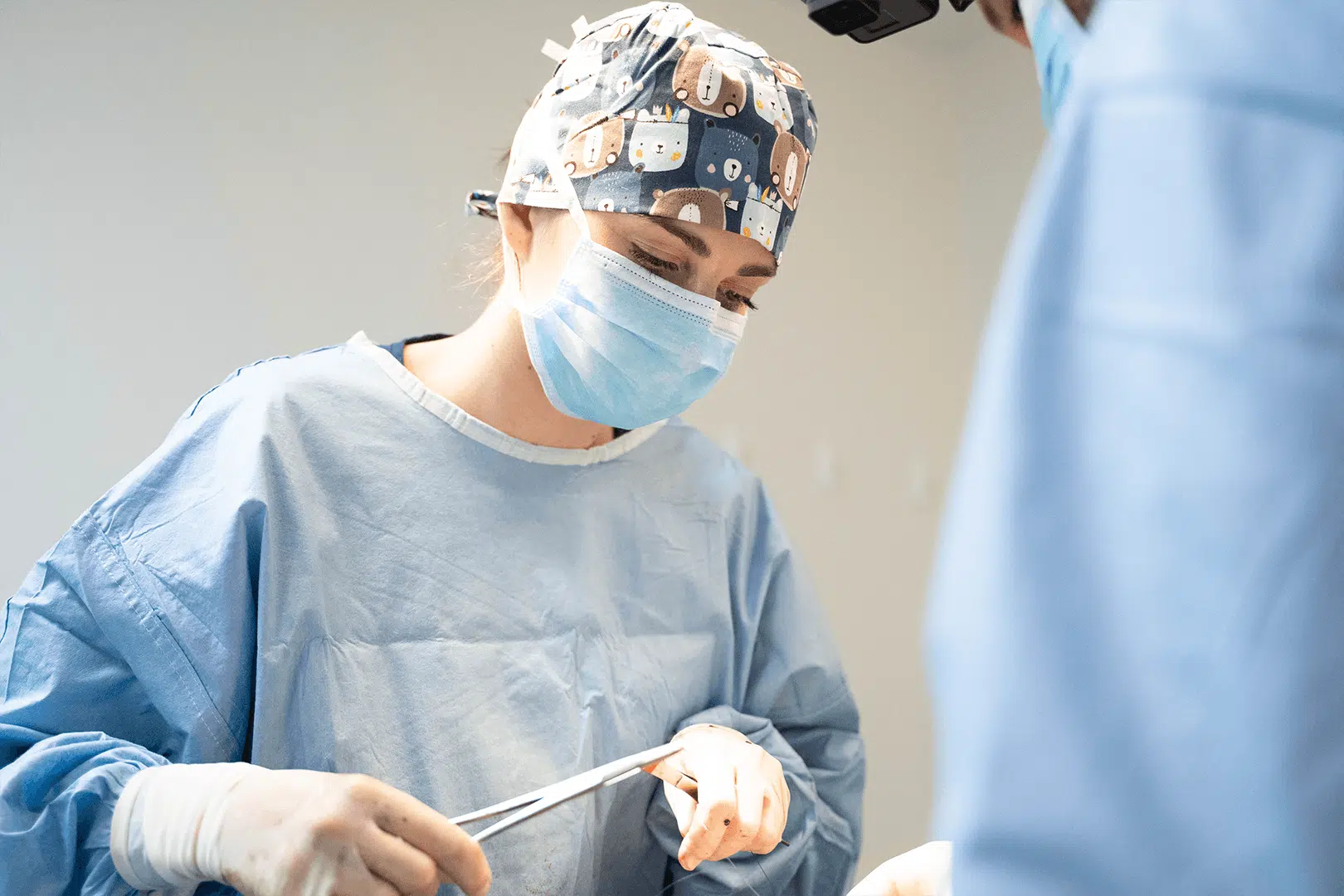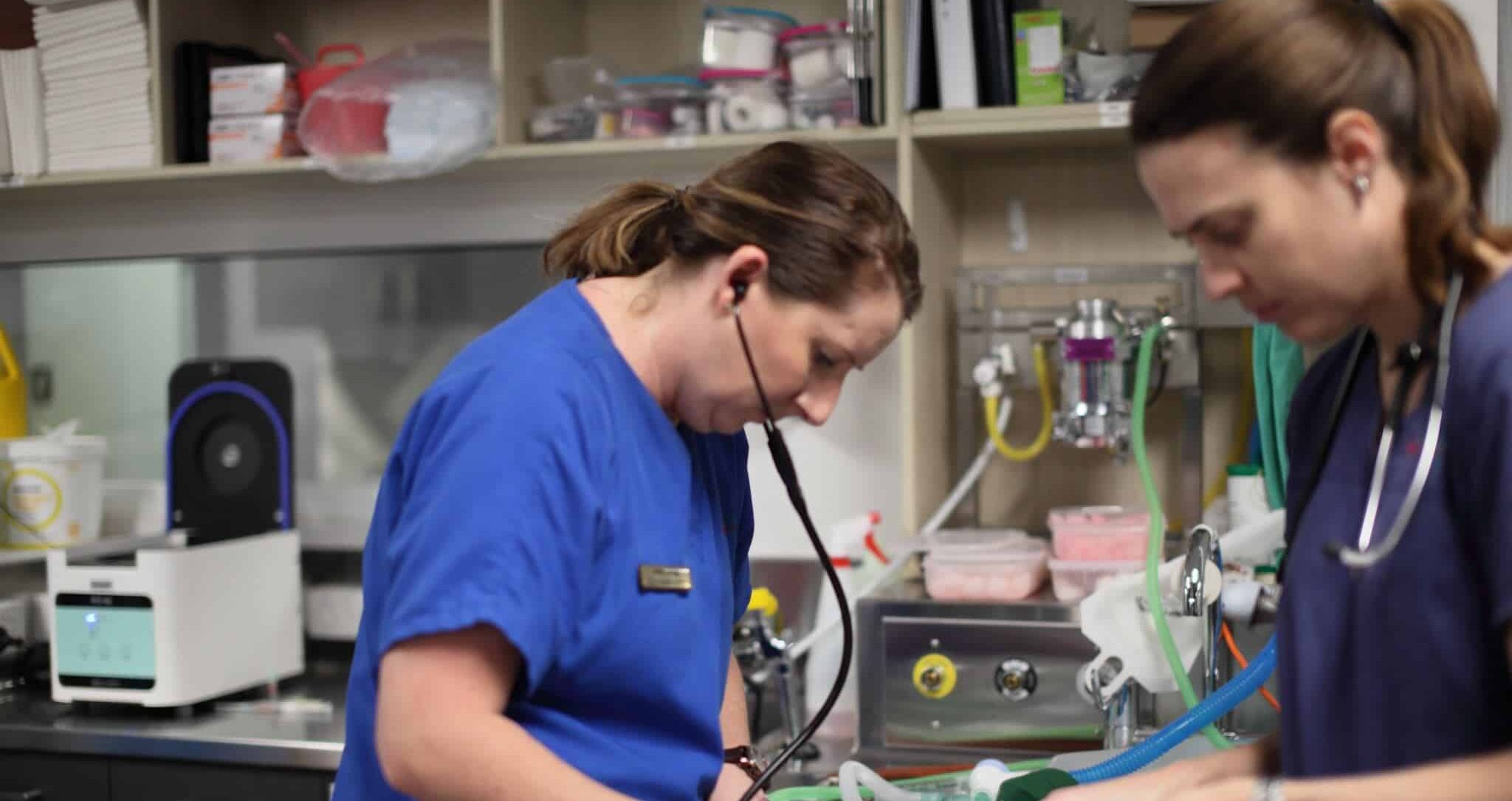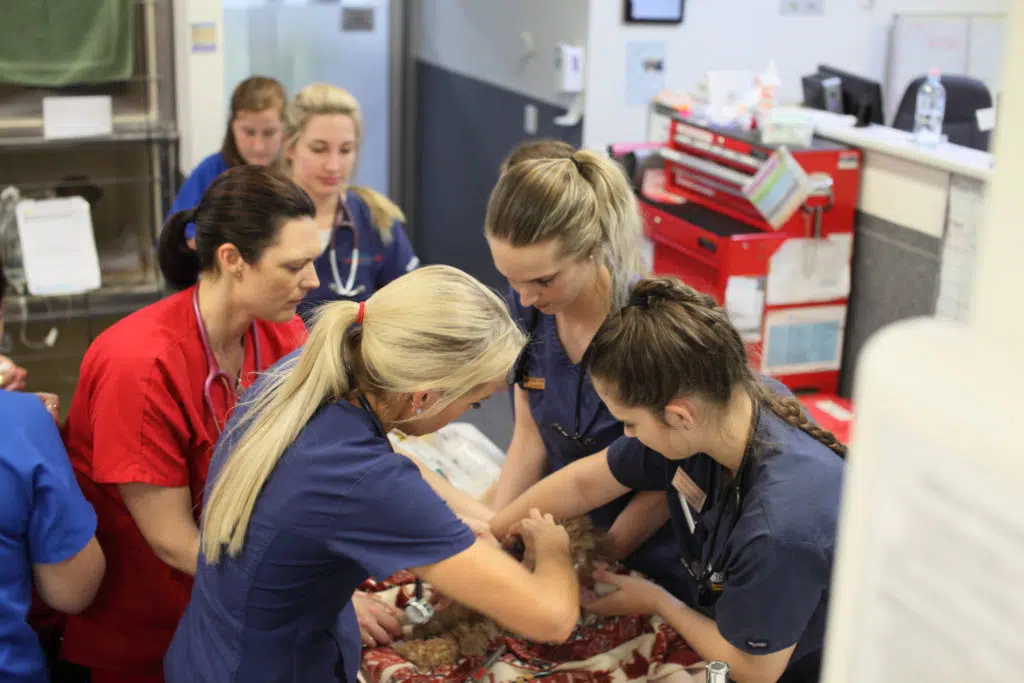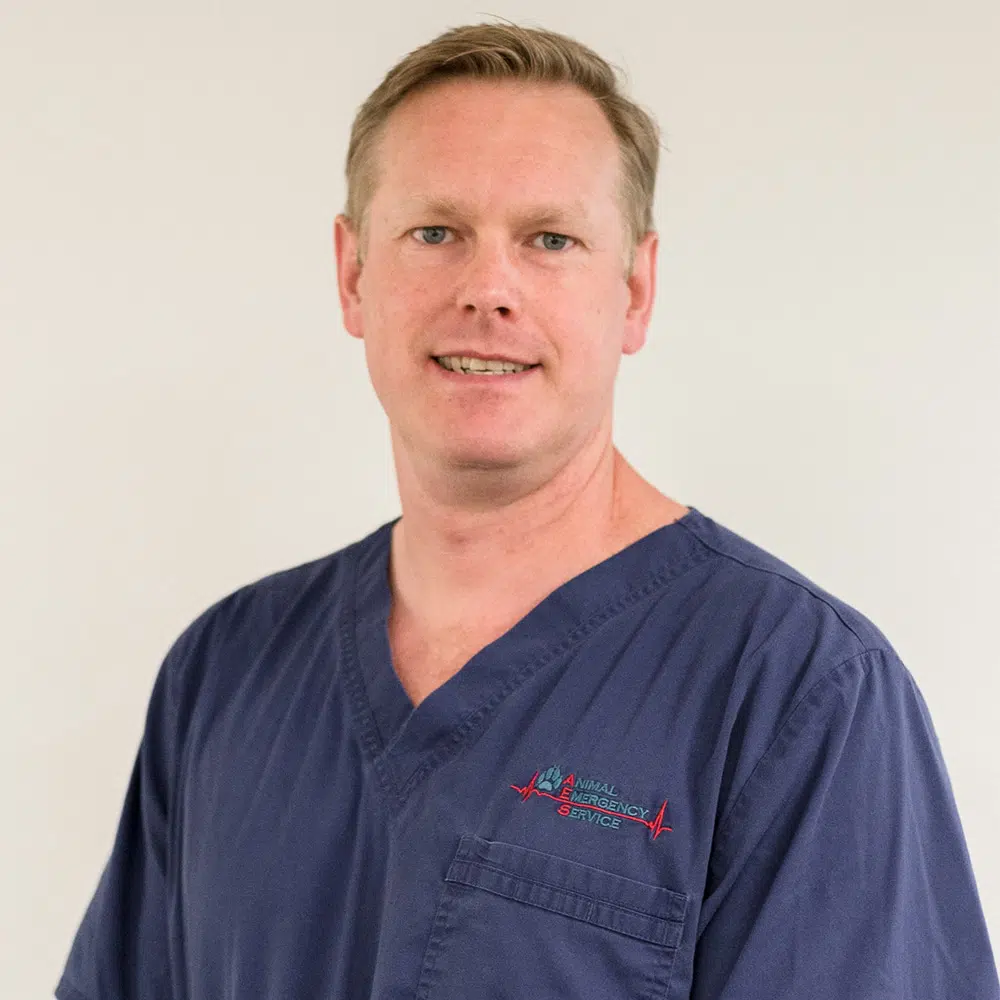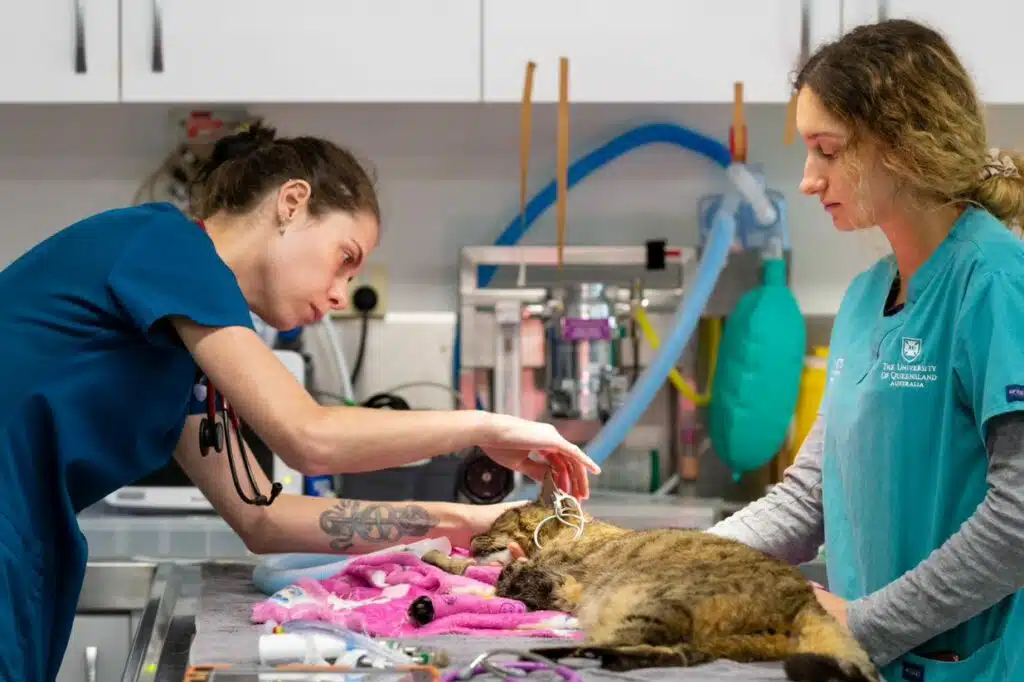The veterinary industry is dynamic and exciting, and it can sometimes feel like we are on an emotional roller-coaster. No two days are the same, and the way we respond to situations as they arise makes a huge difference to our mental health and well-being. In our last article, we spoke about the veterinary mental health challenge, and self-awareness is just one piece of that puzzle. If we lack awareness, we risk experiencing burnout, compassion fatigue or vicarious trauma. We may become disillusioned with our careers and leave the industry, or, if we reach a crisis point, have thoughts of suicide.
Developing our self-awareness will benefit ourselves and others for our whole lives – it is an extremely important factor in maintaining our mental health. But what is self-awareness? Let’s start by defining it.
What is Self-Awareness?
Self-awareness has two components:
- Internal – what we know about ourselves – cognitively and emotionally
- Cognitively – knowing about our intellectual skills, values, motivators, integrity and our ‘why’ (which is behind everything we do)
- Emotionally – understanding our emotions, their triggers, the thoughts behind them and our behaviour that follows them
- External – what others know about us – this is other people’s perspective of us, how we show up to them and how we make them feel.
All veterinary professionals experience similar challenges, and these challenges can trigger a range of emotions depending on each unique individual. It is important to recognise that emotions of any type are not right or wrong – they simply exist and are part of being human. We constantly experience both pleasant and unpleasant emotions, and they are there for a reason, they are trying to tell us something.
For example:
- It is normal to have feelings of self-doubt
- It is normal to be anxious about something unfamiliar
- It is normal to fear failure
- It is normal to feel sad when things don’t go as planned
- It is normal to feel angry when our boundaries are pushed
- It is normal to feel guilty if we let someone down
Understanding our personal triggers, how and why we react to situations the way we do, and the effect our actions have on others, are fundamental to developing positive relationships in the workplace. This applies not only to the way we interact with our colleagues, but also to the way we interact with our clients, and of course in our personal lives.
Taking the time to ‘observe’ ourselves in the moment is an important step in preventing ourselves from dwelling on the negative aspects and behaving in a way that is detrimental to our relationships and mental health. Even when we experience difficulties in our veterinary work, there are always positives to be appreciated, and it is easy to lose sight of these if we are not self-aware and continue to dwell on the negatives.
What can we do to improve our self-awareness?
Our minds are constantly sending us messages. Each of us has about 70,000 thoughts every day. These thoughts come and go – yet we tend to grab hold of the negative ones and allow those thoughts to occupy us and generate difficult emotions such as anxiety, fear, guilt, anger, jealousy, and shame. We do this automatically without thinking. Our ‘autopilot’ kicks in and off we go!
If we are not self-aware, the emotions these thoughts generate can take a grip on us, escalate, and we often make poor choices as a result. We keep coming back to those same thoughts and can become anxious about our anxiety, or angry because we are fearful, or guilty if we’ve expressed anger. It’s very easy to keep spiralling downwards when this happens.
If we can learn to be aware of our thoughts – in the moment as they occur – and recognise the effect they are having, we can actively choose to let them go and behave far more effectively.
The Flow-On Effect of Developing Self-Awareness
As we become more self-aware:
- We can begin to notice the effect our behaviour has on others. We start observing their behaviour more openly and have the opportunity to gain a better understanding of their perspective. We are more able to listen, understand, and communicate effectively.
- We will be less likely to get ‘stuck’ on the mouse wheel of negativity. We will become more able to show ourselves compassion instead of fighting our emotions. We can then take control of our behaviour and move forwards in a far more meaningful way.
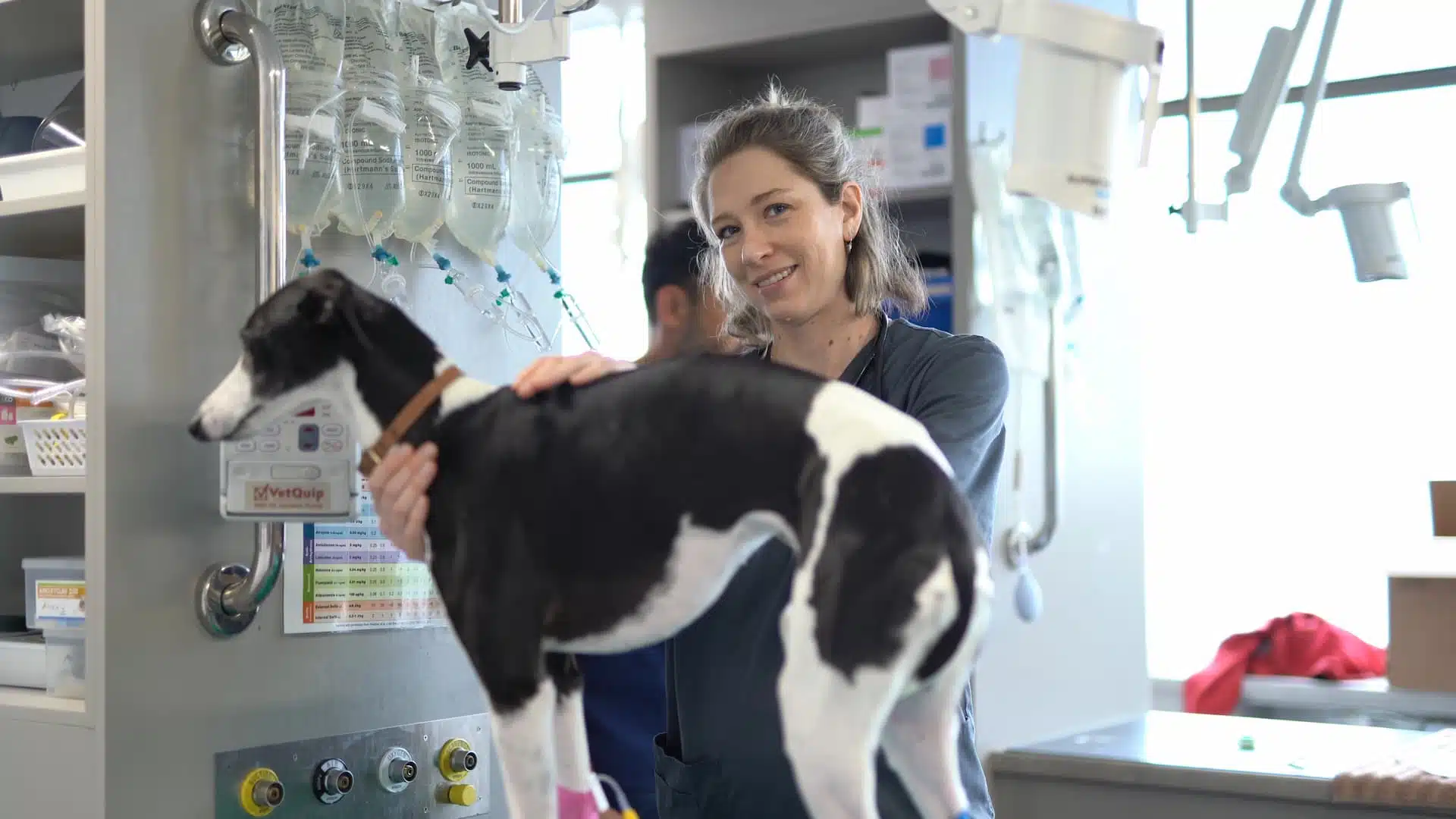
The Main Barrier to Developing Self-Awareness
Veterinary professionals are time-poor. Our days are often hectic and unpredictable – let’s face it, no two days are ever the same! So where do we find the time to pause, reflect, show ourselves self-compassion and respond carefully rather than react impulsively?
Developing self-awareness takes practice. There will be times when the old ‘autopilot’ kicks back in! Support is available to assist veterinary professionals to identify their own triggers, get in touch with their emotions, learn to acknowledge and let go of difficult thoughts and respond in a way that is much more in line with who they want to be. With practice, these steps can be taken in just a few moments when triggering is actually occurring in the workplace. Being able to self-reflect and debrief in a non-judgemental environment, like the safe space provided at Veterinary Vitality, can help us develop these skills.
The Main Benefits of Developing Self-Awareness
Development of self-awareness isn’t limited to our veterinary world. The benefits of emotional regulation and effective communication will be experienced in every facet of our lives, both professionally and personally.
Less energy will be expended on ruminating on the challenging situations and fighting against the difficult emotions. We will be less likely to spiral down the mental health continuum – instead, our energy will be redirected into areas that are meaningful for us and allow us to grow professionally.
In addition, being self-aware will enhance our personal wellbeing – if we recognise how we typically respond to challenging situations and are aware of the associated thoughts and emotions we experience, we are able to have more control over our behaviour and the resultant outcome.
In Summary
We know the veterinary industry is experiencing a mental health crisis, and change is required in many areas so that it will thrive. Veterinary professionals themselves can contribute to the change by developing their self-awareness.
Improved communication, boundary setting, and general wellbeing will promote re-engagement, team cohesion, a positive learning environment, and career fulfilment. The flow-on effect into personal lives will help enhance our relationships and achieve the elusive ‘work/life balance’ for which we all strive.
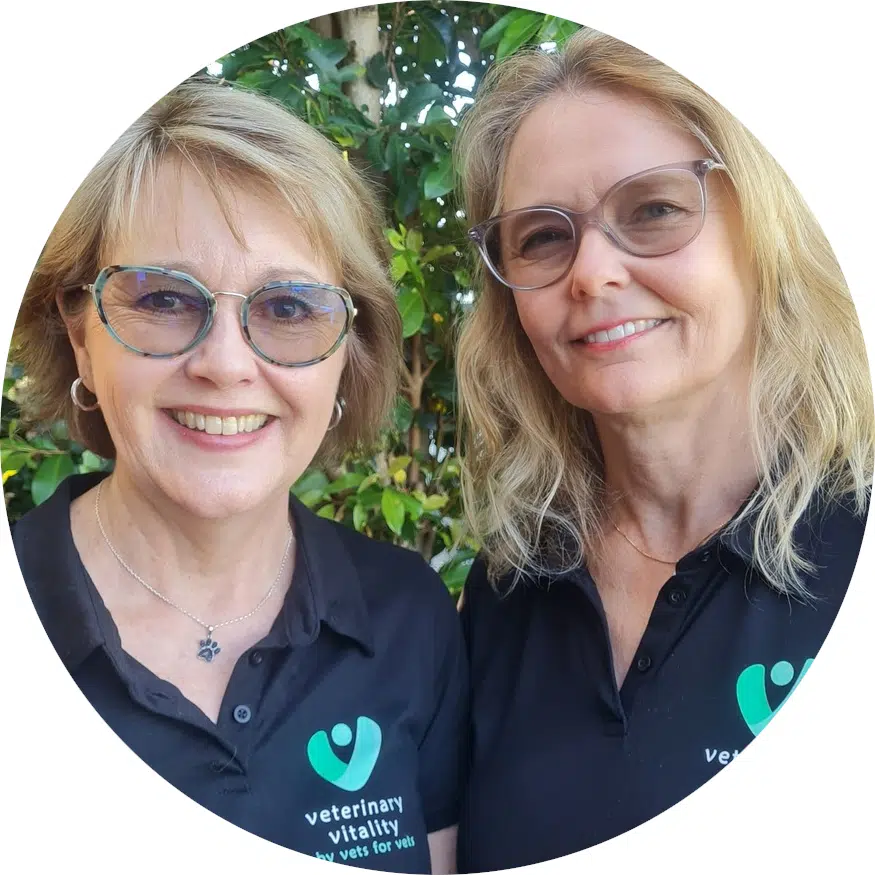
Authors: Dr Kathryn James BVSc (Hons), Dip Couns, Cert IV TAE and Dr Deborah Webb BVetMed, MANZCVSC, Dip Couns
Veterinary Vitality | Experienced Veterinarians | Counsellors
Dr Kathryn James and Dr Deborah Webb are experienced veterinarians and qualified, registered counsellors, who have a deep understanding of the joys and challenges of being in the veterinary workforce. They established Veterinary Vitality for the veterinary community to access counselling and wellbeing services provided by people who have this level of insight into the profession.
Their focus is to help others in the industry enjoy meaningful, rewarding careers and personal lives without succumbing to the struggles that are becoming increasingly common in the profession. They take a holistic approach, using evidence-based strategies such as talk-therapy, Acceptance and Commitment Therapy (ACT), Cognitive Behavioural Therapy (CBT), Solution-Focussed Therapy (SFT) and Positive Psychology. The counselling and wellbeing sessions are a confidential, safe space in which anything can be discussed.
To find out more about Veterinary Vitality and the resources and services they offer for veterinary professionals, head to the Veterinary Vitality website, contact them at [email protected], or follow Veterinary Vitality on Facebook and Instagram.

